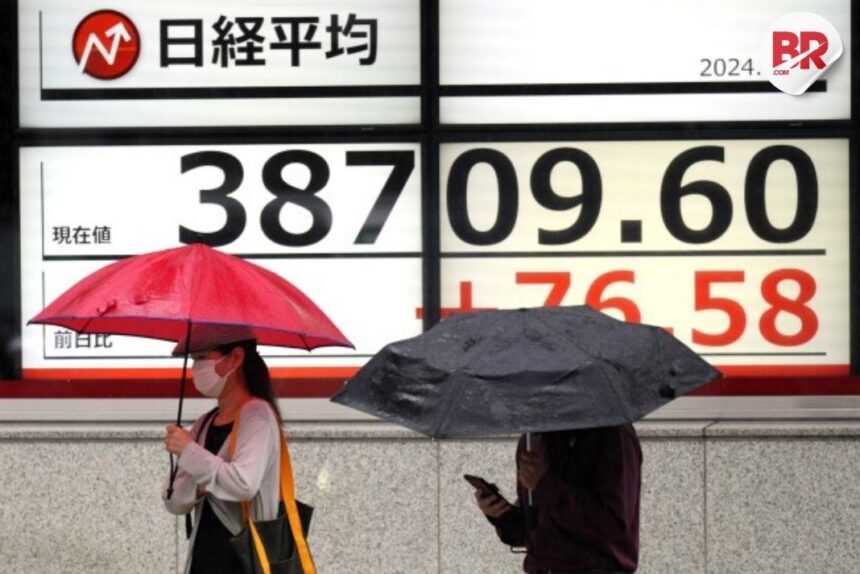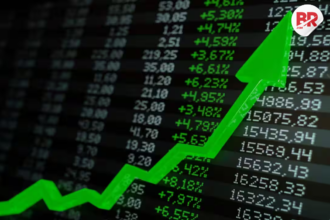
Asian markets took a hit on Monday as the Ukraine conflict intensified alongside growing trade tensions. This combo sparked a sell-off in Asian shares and pushed oil prices higher, shaking investor confidence around the world.
The Ukraine conflict has added a heavy dose of uncertainty to an already fragile global market. Just hours before peace talks were set in Istanbul, Moscow launched missile and drone attacks on Ukraine.

Meanwhile, Ukrainian forces struck back, destroying over 40 Russian planes deep inside Russia. This ongoing clash is more than just headlines—it’s rattling markets everywhere.
So, what does this mean for everyday folks? When markets fall, it can affect jobs, savings, and even the price of everyday goods like fuel. Rising oil prices, for example, mean higher costs at the pump and pricier goods transported by trucks and ships.
Asian stocks reflected these worries sharply. Hong Kong’s Hang Seng plunged over 2%, dragging down markets across the region. Japan’s Nikkei 225 and South Korea’s Kospi also dipped.
Investors feared that trade tensions between the U.S. and China might flare again after both sides accused each other of breaching their tariff deal. On top of that, U.S. President Donald Trump’s plan to double tariffs on steel and aluminum added fuel to the fire.
Also Read Zelenskyy Hails ‘Brilliant’ Drone Strike as Ukraine Damages 40 Russian Jets
Meanwhile, oil prices surged after OPEC+ announced a modest boost in oil output starting July—marking the third increase in a row. U.S. crude oil rose to $62.39 a barrel, and Brent crude jumped to $64.19.
Higher oil prices mean more money flowing to oil-producing countries but a heavier wallet pinch for consumers worldwide.
Even on Wall Street, the mood was mixed. The S&P 500 barely budged, ending just under 6,000 points after a strong month. However, some big tech stocks like Nvidia slid back despite beating profit expectations. Retailers like Gap took a hit, citing higher costs from tariffs that could add $300 million to its expenses.
The bond market offered a small silver lining as Treasury yields eased, helped by lower-than-expected inflation numbers. Plus, U.S. consumer sentiment improved a bit in May, suggesting people are cautiously optimistic despite the geopolitical mess.
In currency markets, the dollar dipped slightly against the yen, while the euro edged up against the dollar.
So, while investors are juggling worries over the Ukraine conflict and trade tensions, the biggest truth is this: uncertainty is the name of the game right now. Markets hate uncertainty, and until there’s a clear resolution, expect more ups and downs.
Also Read Bargain Hunt Begins: China’s Property Market Sees Fire Sales After Wanda Move












